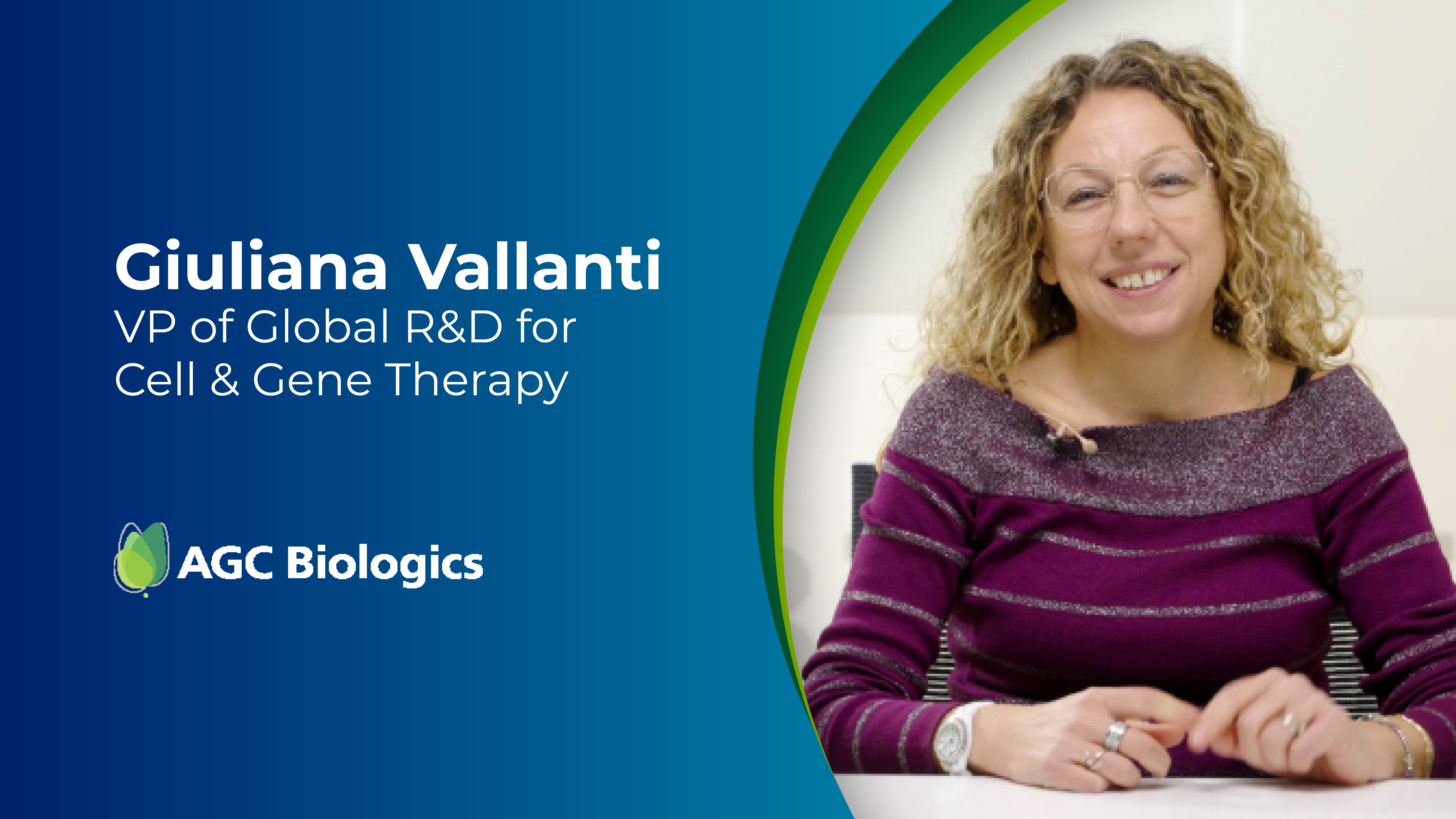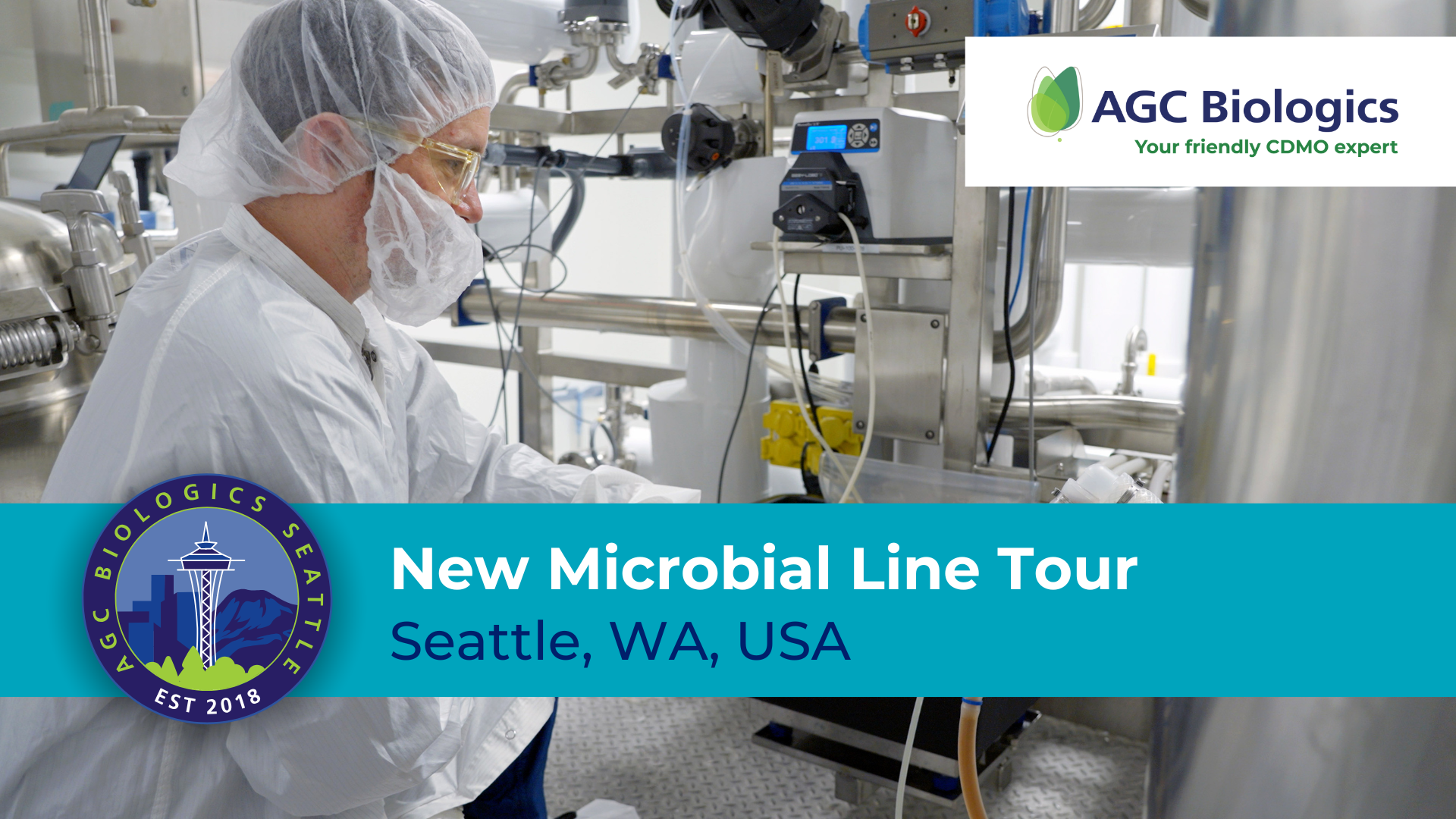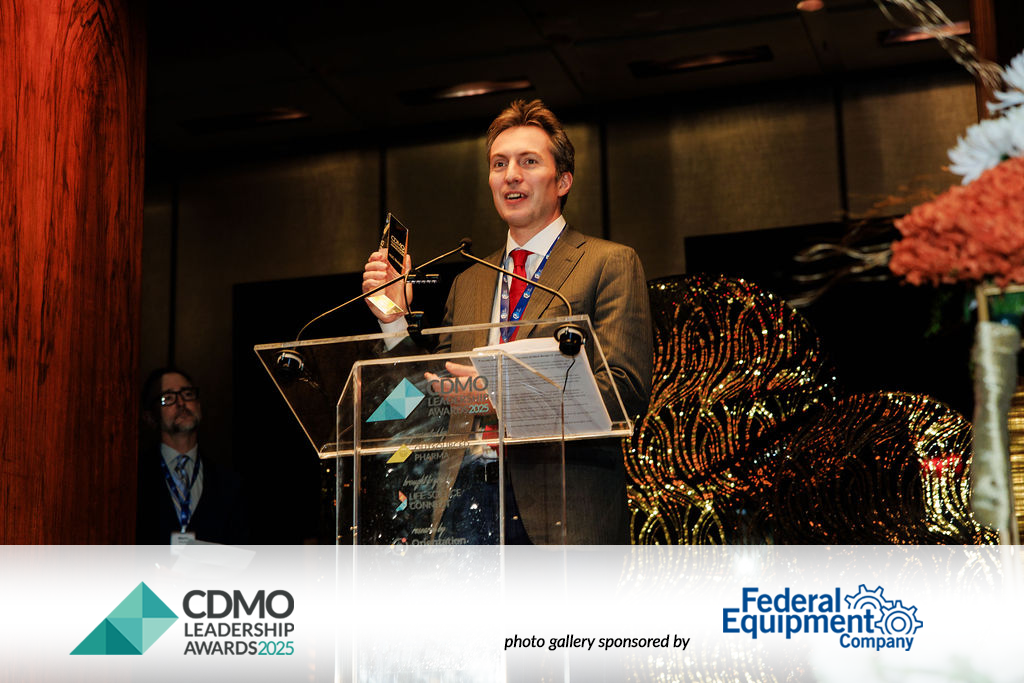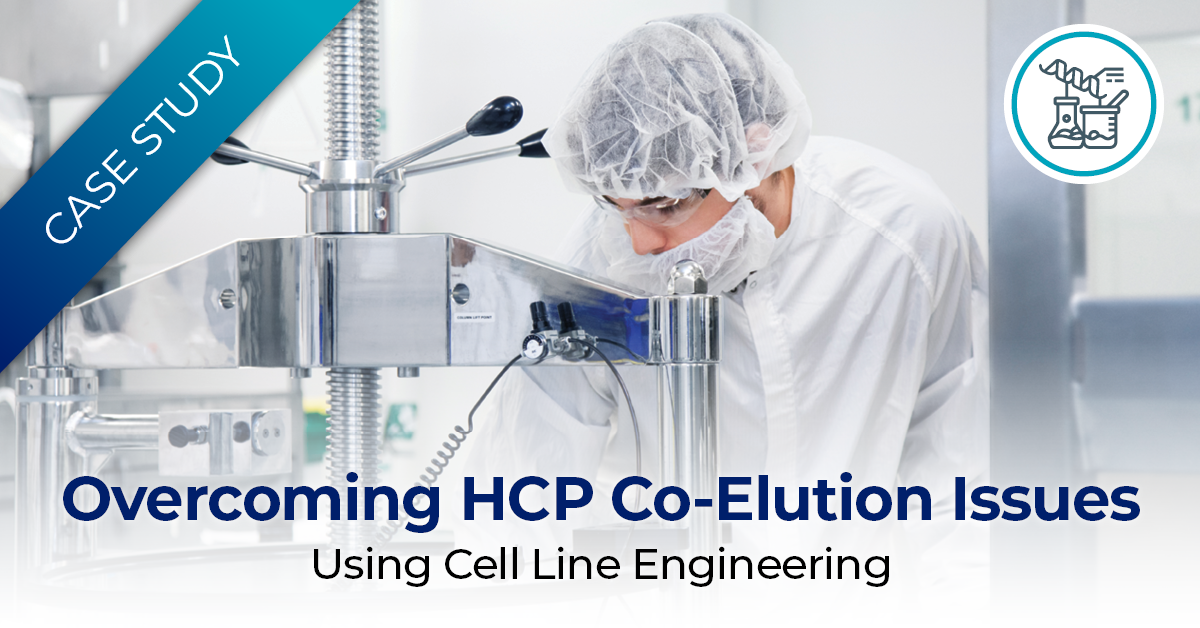2 min read
Paving the Way for Hope, Innovation and Quality in Cell & Gene Therapy
Nick McDonald January 11, 2024 at 6:52 AM

The field of cell and gene therapy has emerged as a beacon of hope for patients battling rare diseases. In a recent interview, Giuliana Vallanti, VP of Global R&D for Cell & Gene Therapy, describes the incredible strides made in producing viral vectors, as well as genetically modifying cells, with a particular focus on T cells, stem cells, and NK cells. Giuliana and her team take immense pride in developing these cutting-edge therapies. By providing groundbreaking treatments, they offer patients the chance to lead normal, healthy lives, free from the constraints of their conditions.
Two Important Challenges to Address
There are two key challenges that stand out when developing cell and gene therapies. The first is high variability in process development. It becomes difficult to maintain a high level of quality and reproducibility, due to the intrinsic variability of the biological materials used, such as blood, cord blood, or bone marrow. The second challenge is working with instruments, equipment, and materials that could be different depending on the different cellular types. Adapting and finding innovative solutions to these issues is essential for the successful development of these therapies.
Balancing Efficiency with Quality Assurance
Time is of the essence, and treatments are often needed quickly. To meet this demand, Giuliana and her team have developed platforms that facilitate a faster transition from development to GMP and final production. She notes quality assurance is a crucial aspect of their work. The need to produce the highest quality products, while working with living cells and viruses, poses unique challenges. They employ a rigorous testing regimen to ensure the safety and efficacy of the therapies.
Embracing “Quality by Design”
Giuliana and her team adhere to a philosophy of "quality by design." Their processes are meticulously developed to ensure consistently high-quality outcomes, identified in the development phase using the relevant CPP (critical process parameters) and CQA (critical quality attributes). This includes minimizing impurities, maintaining microbiological control, and defining precise specifications for each product. The collaboration between clients, regulatory agencies, technology developers, and materials/instruments suppliers is extremely important in this endeavor to ensure alignment in quality across important stakeholders is fully understood.
Collaboration and Regulatory Advancements
The field of cell and gene therapy has witnessed significant advancements in recent years. Regulators are working more closely with developers and CDMOs to streamline approvals and define specific pathways for these therapies. This collaboration is helping bridge regulatory gaps and establish clearer guidelines, accelerating the path to market. During regular site inspections and client meetings, the CDMO and the product developer have the opportunity to design, assess and define potency, purity profile, and safety guidelines for their products. This type of collaboration helps verify that the facility is prepared for production and that it meets the standards of the product developer and global regulatory agencies.
The Endless Potential of Cell and Gene Therapy
Rare and oncologic diseases, affecting a substantial number of children and patients, often have no cure. Now there is a potential for new applications in cell and gene therapy - these therapies present an alternative. Giuliana’s team stands ready to support developers in translating laboratory-scale ideas into clinical breakthroughs. Their ultimate goal is to turn the promise of cell and gene therapies into a reality, bringing new hope and healing to countless individuals in need.
Giuliana's work in Milan exemplifies the progress being made in the cell and gene therapy field. Through dedication, innovation, and commitment to quality, her team is not just shaping the future of medicine; they are rewriting the narrative for patients facing some of the most challenging health conditions. As cell and gene therapies continue to evolve, their promise shines ever brighter on the horizon of healthcare.



